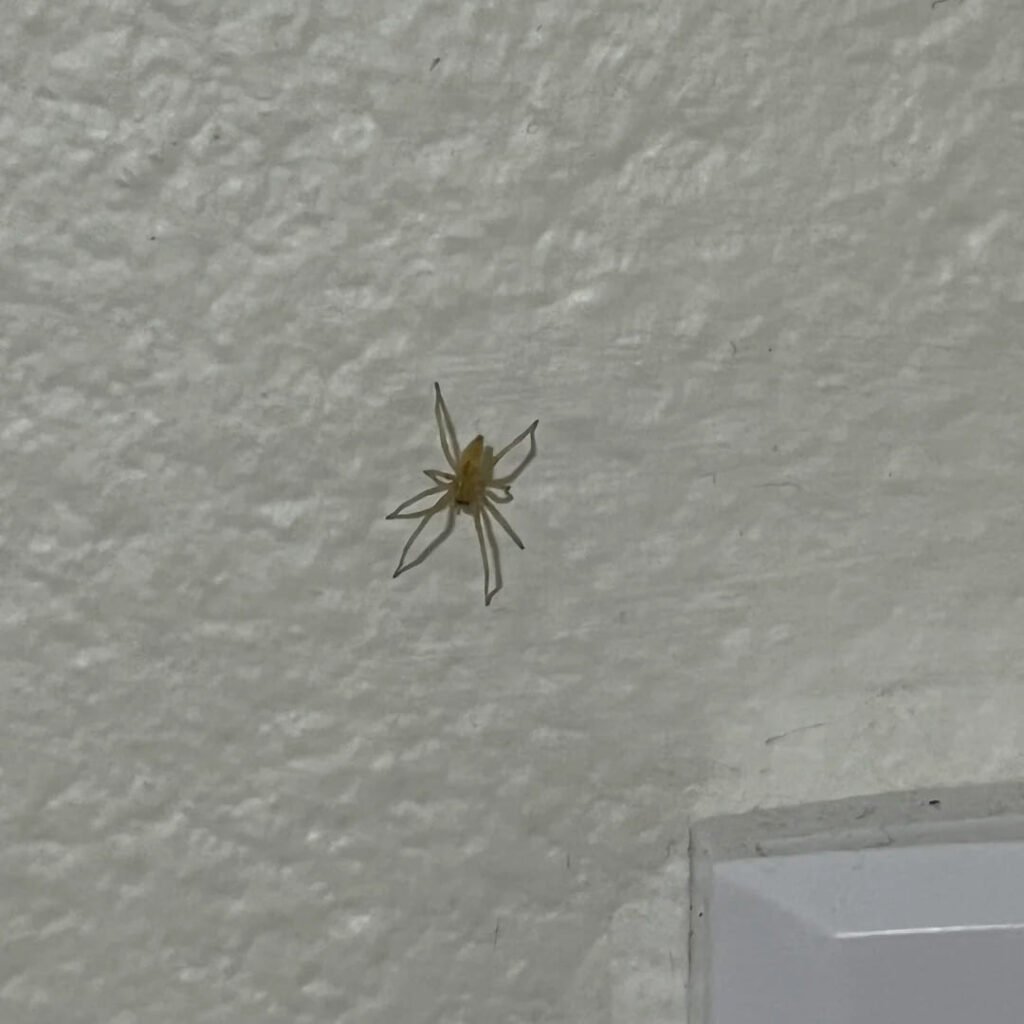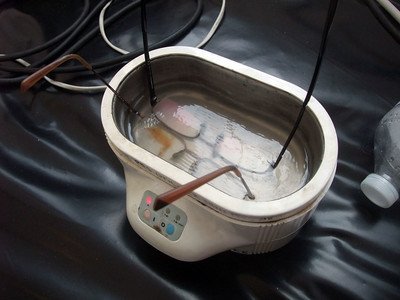Ever stumbled across a tiny white spider in your home and immediately thought, “What fresh mystery is this?” You’re not alone. These miniature arachnids, with their ghostly appearance, can make even the bravest among us do a double take. But here’s the good news: while they may seem like something straight out of a sci-fi movie, they’re actually quite common, and most are harmless.
Let’s dig into what these little critters are, why they’ve decided to move in with you, and—most importantly—how to kindly show them the door.
What Are These Small White Spiders?

Alright, first things first—those little white spiders you’ve spotted might not even be spiders at all. Nature is tricky like that. Some of the usual suspects include:
- Spiderlings: These are baby spiders fresh out of the egg sac. They’re often pale or translucent, making them look ghostly white. Don’t worry, they’re not albino monsters plotting world domination—just tiny newbies trying to find their way in the world.
- Cobweb Spiders: Some adult cobweb spiders appear whitish or pale yellow. They’re tiny and love to hang out in corners, spinning those classic messy webs that seem to appear overnight.
- Mites (Not Spiders): Okay, curveball. You might actually be looking at mites, like clover mites or mold mites. These are even tinier than spiders, but they can be mistaken for them because of their size and movement.
If you’re unsure what you’re dealing with, a quick close-up photo and a little online sleuthing can help you identify your eight-legged roommates. Or, if you’re feeling adventurous, grab a magnifying glass and take a closer look. You’ll be surprised at how intricate even the tiniest creatures are.
Why Are They in Your Home?
Good question—and one that makes you wonder if you’ve unknowingly turned your home into a spider Airbnb. Here’s why they’ve probably chosen your space:
- They’re chasing food: Tiny spiders eat even tinier pests, like fruit flies or mites. If you’ve got a bug buffet in your home, spiders are just the natural pest control showing up to feast. It’s like hosting an all-you-can-eat buffet and being shocked when uninvited guests show up.
- It’s cozy here: Your home provides warmth, safety, and nooks for them to hide. Can you blame them? Think of it as offering five-star accommodation with central heating and minimal predators.
- Seasonal movement: Spiderlings often hatch in spring or summer, and their instinct is to spread out. If your window or door was open, they might’ve simply wandered in. It’s not a sinister plot—it’s just nature doing its thing.
How to Get Rid of These Tiny Little White Spiders (Without Losing Your Mind)
Let’s face it, as fascinating as these little creatures might be, no one wants to live with them. So here’s how you can reclaim your space, step by step:
1. Start with a Deep Clean
Think of this as hitting the reset button on your home. Tiny spiders thrive in cluttered, dusty areas where they can hide and set up shop. Pay extra attention to:
- Corners and crevices
- Behind furniture
- Window sills
- Ceiling corners
Vacuuming isn’t just about removing spiders—it also sucks up any eggs or tiny insects they’re hunting. Plus, there’s something oddly satisfying about seeing your space go from “mystery cobweb central” to “sparkling clean haven.”
2. Declutter Like You Mean It
Spiders love dark, untouched spaces. That pile of old magazines? Prime real estate. The cardboard boxes in the closet? A spider penthouse. If you haven’t used it in the past year, consider tossing it or storing it in a sealed plastic container. Minimalism isn’t just trendy—it’s spider-proof.
3. Seal Their Entry Points
Tiny spiders can sneak in through the smallest of cracks. Inspect your:
- Windows
- Doors
- Baseboards
- Vents
Use caulk or weatherstripping to seal up gaps. Bonus: this also keeps out other pests and reduces your energy bill. Win-win! Think of it as securing your home’s perimeter against an eight-legged invasion.
4. Bring Out the Natural Repellents
You don’t have to go full chemical warfare to keep spiders at bay. Try these natural options:
- Peppermint oil: Spiders hate the smell. Mix a few drops with water and spray it around windows, doors, and corners. Your home will smell like a candy cane wonderland, and spiders will stay far away.
- White vinegar: Same deal as peppermint oil. The acetic acid in vinegar messes with spiders’ senses. Just don’t spray it on delicate surfaces—you don’t want to trade one problem for another.
- Citrus peels: Rub them along baseboards or window sills. Spiders can’t stand the scent, and your home smells fresh. It’s a win for you and a loss for them.
5. Introduce a Spider Predator
Okay, hear me out. Ladybugs eat spider mites and other tiny pests. While I’m not saying you should unleash a swarm of ladybugs in your home, it’s an interesting option for outdoor areas. Nature’s balance can be pretty cool when you let it work its magic.
6. Call in the Pros (If Necessary)
If you’re dealing with a massive infestation or the spiders keep coming back despite your best efforts, it might be time to call a pest control expert. They can identify the problem and offer targeted solutions. Sometimes, it’s best to let the professionals take the wheel.
When to Chill and When to Worry
Most white spiders are harmless and won’t bother you if you don’t bother them. But there are rare instances where you might need to take action:
Allergic reactions: Some people are sensitive to spider bites. If you’re experiencing redness, itching, or swelling, consult a doctor. Better safe than sorry.
Venomous species: It’s unlikely, but if you suspect a dangerous spider, it’s better to be safe than sorry. Keep your distance and consider expert advice.
Infestation levels: Seeing one or two spiders? Normal. Seeing dozens? Time to step up your game. No one wants their home to feel like a spider sanctuary.
Final Thoughts
Tiny white spiders might not be the nightmare fuel they first appear to be, but that doesn’t mean you have to let them stick around. By understanding what they are, why they’re in your home, and how to gently evict them, you can take back your space—no hazmat suit required. Plus, the next time someone spots one and freaks out, you’ll be the cool, knowledgeable friend who knows exactly what to do. Who knew tiny spiders could make you the hero of the day? And who knows—maybe after dealing with these tiny invaders, you’ll have a newfound appreciation for how fascinating and complex nature truly is, even when it decides to drop by unannounced.



